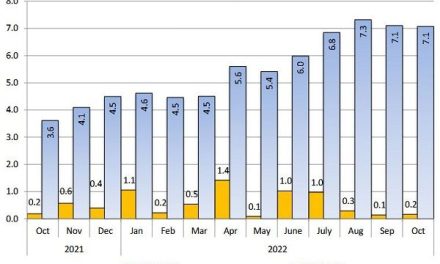
Credo Co-operative targets public servants
Credo Co-operative administers a credit and savings scheme on behalf of its members who mostly are from the Public Service Union of Namibia in a bid to alleviate poverty.
The members of the co-operative agree to have a specified amount deducted form their salaries as savings while borrowing at liberty against their savings after a mandatory six month savings period. Currently the Co-operative has 373 members and according to the Co-operatives spokesperson Monica Garises, due to limited capabilities government was supposed to provide auditing as per the Co-operative Act which is currently under review. “We have however since had the audits done around August this year, and we now have to call an AGM which is a pre-requisite for the full registration.”said Garises. The co-operative allows the members to save an amount for six months and can then borrow up to three times the amount that they would have saved after a compulsory six months period. Alternatively a member may choose to just withdraw 70% against their own savings.
“The repayment on loan is code at an interest rate much lower t that of micro lenders and banks that is 17%,” she said. Credo Co-operative has had challenges in the beginning given that it was the first saving and credit Co-operative coined on the basis that it is linked to the salaries of members.
“Once the idea and rational behinds its establishment got through to the top official in the Finance Ministry the deduction code was granted and it was received with lots of enthusiasm and continues to be popular – particularly with our members who are earning low salaries they have stopped frequenting micro lenders or loan sharks,” she added. “Credo Co-operative is proud in being pioneers and has future plans of expanding its member base across the country,” she said. The Co-operative Act of 1993 is currently under review and last week the Minister of Agriculture, Water and Forestry John Mutorwa said an inauguration of the Co-Operative Board that the changes were long overdue. The Registrar of the Co-operative Board, Loide Jason from the ministry of agriculture said at the same event that the reason for only seven out of 120 Co-operatives fully registered and the rest provisionally registered was due to Co-opts not having a solid business plan based on their operations. This she said was due to Co-operatives also changing business plan consultants frequently. She further added that a Loan Guarantee Fund exists for Co-operatives and should serve for motivation to become fully registered and comply with regulations.












































